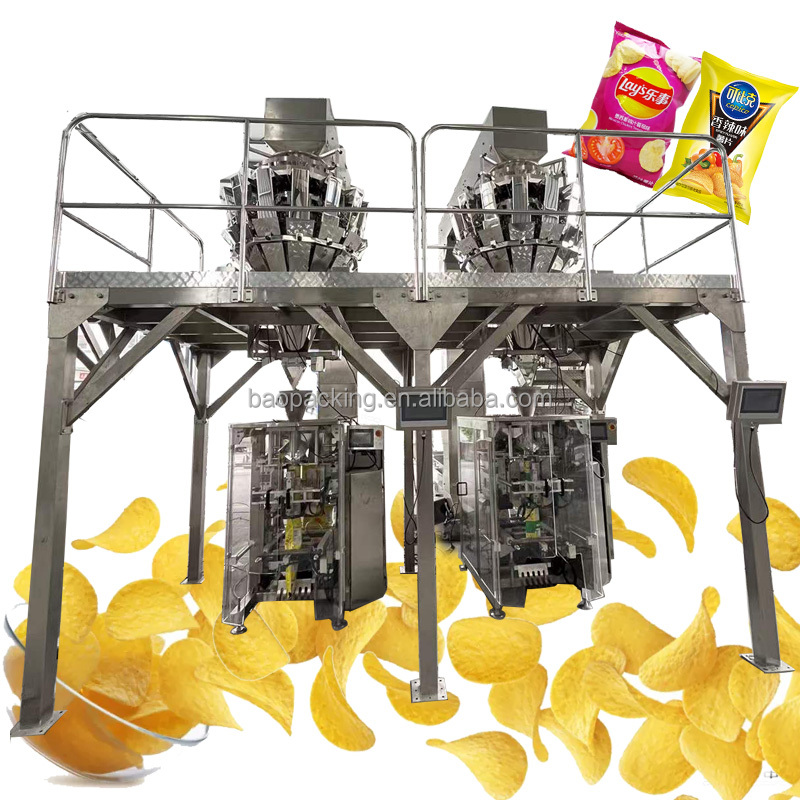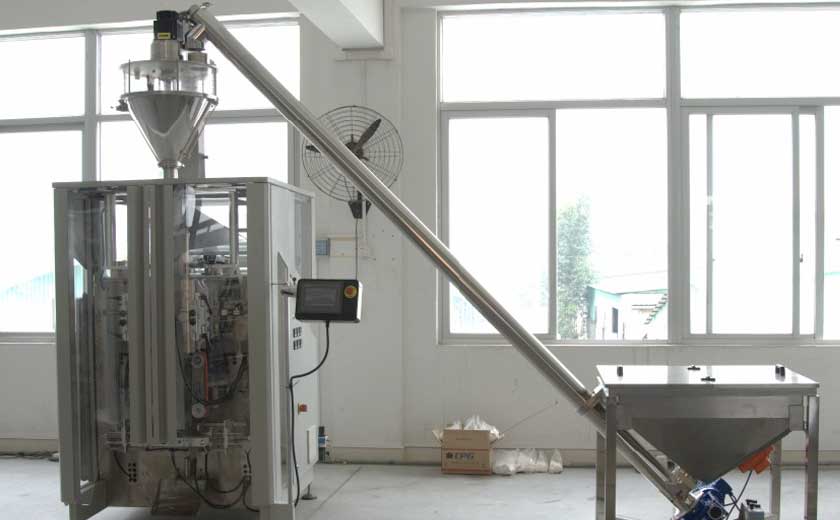The Pros and Cons of Different Weigh Filler Packaging Machines
Weigh filler packaging machines are essential for many industries, from food and beverage to pharmaceutical and cosmetics. These machines accurately measure and dispense dry or liquid products into containers, ensuring consistent packaging and product quality. However, choosing the right weigh filler machine for your specific application requires careful consideration. Different types of weigh fillers offer unique advantages and drawbacks, which we will explore in this article.
Types of Weigh Fillers
Weigh fillers are classified into several types based on their weighing mechanism:
1. Net Weigh Fillers
Net weigh fillers use a load cell to measure the weight of the product as it is dispensed into the container. Once the desired weight is reached, the machine automatically stops filling. Net weigh fillers are accurate and versatile, handling a wide range of products and container sizes.
2. Gross Weigh Fillers
Gross weigh fillers measure the weight of the filled container to determine the amount of product dispensed. This method is less accurate than net weighing but is suitable for products that are prone to sticking or bridging.
3. Volumetric Fillers
Volumetric fillers measure the volume of the product dispensed rather than its weight. This is suitable for products with uniform density and flow characteristics. Volumetric fillers are simple and cost-effective but may be less accurate than weigh fillers.
Factors to Consider
When selecting a weigh filler packaging machine, consider the following factors:
Product Characteristics
The type of product being packaged, its density, flowability, and stickiness, influences the choice of weigh filler.
Accuracy
The accuracy of the weigh filler is critical for product consistency and quality control.
Speed
The filling speed of the machine determines its throughput. Higher speeds are suitable for high-volume production lines.
Size and Capacity
The size and capacity of the weigh filler must match the production requirements and available space.
Cleaning and Maintenance
Ease of cleaning and maintenance is essential for maintaining hygiene and preventing downtime.
Pros and Cons
Pros
Accurate: Weigh fillers provide precise and consistent filling.
Versatile: They can handle a wide range of products and container sizes.
Automated: Weigh fillers are fully automated, reducing manual labor and increasing efficiency.
Sanitary: They are designed with hygienic materials and easy-to-clean surfaces.
Cost-effective: Weigh fillers offer a good return on investment over time.
Cons
Expensive: Initial purchase and installation costs can be high.
Maintenance: Regular maintenance is required to ensure optimal performance.
Size and Weight: Weigh fillers can be bulky and heavy, requiring ample space.
Product Sensitivity: Some products may be sensitive to the filling process, affecting their quality.
Technical Expertise: Operating and maintaining weigh fillers requires specialized technical knowledge.
Choosing the right weigh filler packaging machine is crucial for the efficiency and accuracy of your packaging process. Consider the type of product being packaged, accuracy requirements, speed, size, and ease of cleaning and maintenance. By weighing the pros and cons of different weigh filler options, you can select the machine that best suits your specific application.
-
Overview of Packaging Machine Buying Guides
08-01-2024 -
How Does a Vertical Form Fill Seal Machine Work?
30-10-2023 -
Advancements in Auger Powder Filling Technology
27-10-2023 -
A Deep Dive into Automatic Packaging Machines
26-10-2023 -
The Revolutionary Fully Automatic Potato Chips Packaging Machine
20-09-2023 -
How to choose the right packaging machine?
23-08-2023 -
Reducing Waste And Maximizing Yield With Multihead Weigher Machines
15-03-2023 -
Nuts Packaging Machine for Dry Products Perservation
26-11-2022 -
Is Automated Biscuit Packaging Machine Better Than Manual Opeartion?
25-11-2022













